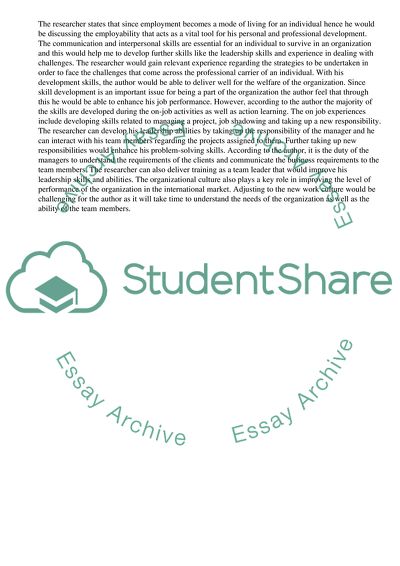Cite this document
(“Professional Needs To Develop a Good Carrier Opportunity Essay”, n.d.)
Professional Needs To Develop a Good Carrier Opportunity Essay. Retrieved from https://studentshare.org/management/1698986-personal-and-professional-development-unit
Professional Needs To Develop a Good Carrier Opportunity Essay. Retrieved from https://studentshare.org/management/1698986-personal-and-professional-development-unit
(Professional Needs To Develop a Good Carrier Opportunity Essay)
Professional Needs To Develop a Good Carrier Opportunity Essay. https://studentshare.org/management/1698986-personal-and-professional-development-unit.
Professional Needs To Develop a Good Carrier Opportunity Essay. https://studentshare.org/management/1698986-personal-and-professional-development-unit.
“Professional Needs To Develop a Good Carrier Opportunity Essay”, n.d. https://studentshare.org/management/1698986-personal-and-professional-development-unit.


